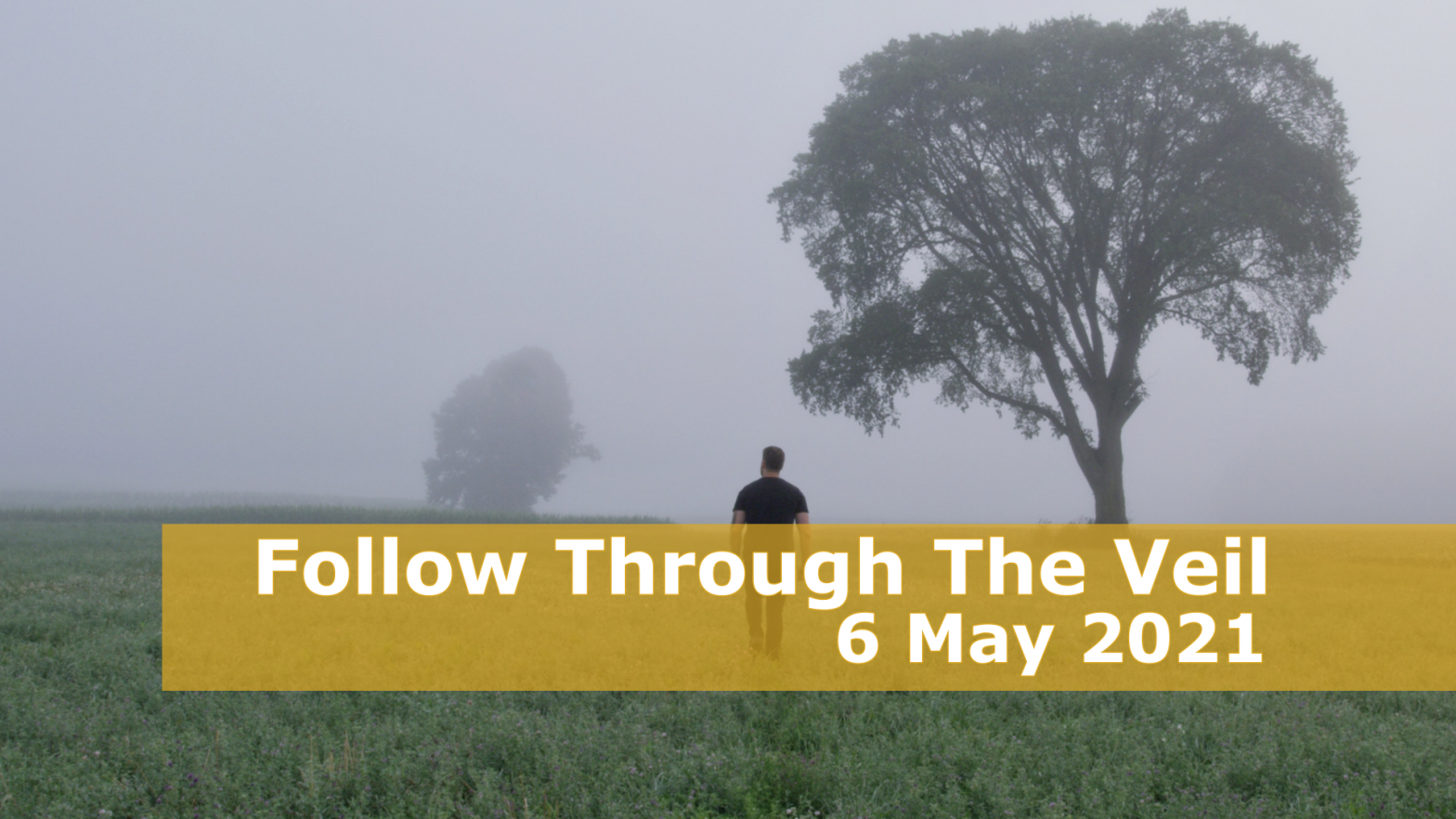-

Follow Through The Veil
Ian
baptism, change, end, faith, family, God, grace, holy, Holy Spirit, internet, Jesus, leader, life, light, perspective, politics, power, prayer, reflection, relationship, resurrection, sacrifice, Scriptures, Son, spirit, tradition, veil, vision, writtenPsalm 98; Isaiah 49:5–6; Acts 10:1–34 It’s not enough to restore a backslidden, rebellious, unloving, non-grace-filled, unjust people who either don’t acknowledge or hate God. On top of that, the whole world that doesn’t know God is going to look to you for the light of God. No pressure. Or how about a valorous warrior,
About

Writings that we hope will deepen your relationship with Jesus Christ through the reading of the Scriptures.




